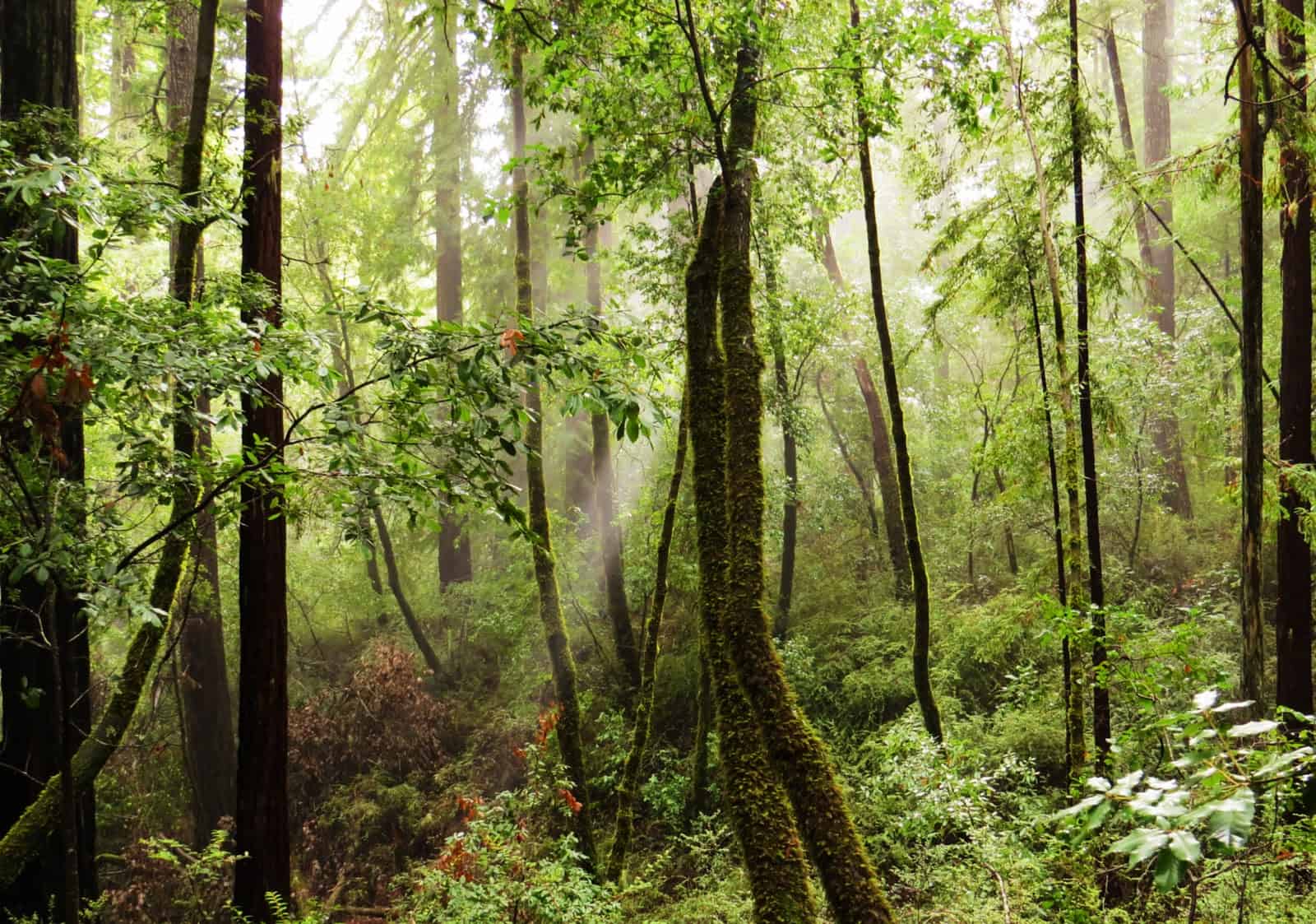As we approach the fourth anniversary of Laudato si’ on May 24, I ask myself: “What have I done to care for creation?”
Pope Francis’ encyclical continued the tradition of counter-cultural exhortations of the Christian faith that call us to live a life that God desires for us, and not a life dictated by the society around us. However, as far as I can tell, I have not made any significant change to my lifestyle in the past four years. Buying organic food was financially unsustainable in the long run. Taking public transportation was too inconvenient and cumbersome. Turning off the air conditioning was impossible during the hot summers. Further, the big ticket items such as the house we live in or the car we drive are often family or communal decisions beyond our control.
However, that does not give us a pass for doing nothing, because we can still decide what we eat. In this essay I will focus on the meat that we eat, the production of which is a major contributor to our carbon emissions and land use footprint. I will explore how meat production accounts for a large fraction of our greenhouse gas emissions, why a vegetarian diet is a good option for those looking to incorporate care of our common home into their lifestyle and why our personal choice of reducing meat consumption matters.
By some estimates, the contribution of greenhouse gas emissions by agriculture is as high as 33%, of which 47% is attributed to the production of meat. There is no doubt that plant-based food has a much smaller carbon output than meat because of the inherent inefficiencies in a system involving animals converting plant products to meat. Of course, livestock sometimes use land unsuitable for other purposes.
Most of the meat consumed today, however, comes from factory farms where crops are grown and fed to animals in feedlots; crops grown on land that could be used to grow food for direct human consumption. A report from Cornell University suggested that the U.S. could feed 800 million people with grain that livestock eat. By some estimates 67% of the crops grown in the US are fed to animals. Deforestation in the Amazon Rainforest is caused in part by the need for land to grow crops for animal feed. Land is a finite resource and the land used to grow animal feed comes from land that was previously covered by grasslands and forests.
Full disclosure: I am not a vegetarian. Presently, I am a weekday vegetarian. I eat meat on Sundays. Major changes in food habits are difficult, and the all-or-nothing approach often leads to reversion to old habits despite our best intentions and valiant efforts. Thus, I urge a reduction and not elimination of meat from the diet. One could start with once-a-week-vegetarian or meat-free-lunches or weekday-vegetarian. The point is to start with something manageable that balances your eco-friendly intentions of a vegetarian diet with your cravings for a juicy steak.
Often there is push back against vegetarian food from a cultural standpoint. Grilling burgers on Labor Day weekend is as American as apple pie. First, my suggestion is only to reduce, not eliminate, meat from your diet. Second, Americans themselves ate less meat a few decades back. Cultures evolve and change. There is no reason why eating meat three times a day has to be an American thing and remain so moving forward.
Further, as Christians, we live in the culture of the land but we are also called to be prophets of change when the need arises. The Gospel is often counter-cultural in its exhortations to love one’s friends and enemies, and to care for the poor. We need to break with the norms of society when we are called to live to a different standard. In this case, we have to be counter-cultural and change our eating habits to care for God’s creation and our common home. We need to break away from the culture of meat heavy diets as we follow the teachings of Laudato si’ to become better stewards of the earth’s natural resources.
You might also be wondering: what difference can one person make when millions will do nothing? In the tension between personal responsibility and systemic change, we can start by asking what is God calling us to do. God’s commandments and teachings are not contingent on whether everyone else is following them. They are true because they come from God. In this instance, God is calling each one of us to care for creation. Each of us can be a witness to living a life that is in harmony with God’s creation. While our faith is not of an individual solitary kind, we can begin with ourselves before moving the conversation to our churches and communities.
Furthermore, every person does make a difference. For instance, friends influence each other with their dietary habits. This can further translate and grow into a grassroots movement of new cultural trends. Shopping for vegetarian food will send a message to food companies to increase vegetarian options. Restaurants will have more vegetarian dishes on the menu when there is a demand for them. Candidates standing for elections will become aware of this new priority of their constituents. Citizens could demand a diversion of agricultural subsidies from meat producers to plant food producers. The power of every person’s ability to create change should not be underestimated.
We do not know with absolute certainty what the future holds. Perhaps in the future we will have lab grown meat that is as eco-friendly as lentils. Perhaps the Impossible Burger will be a revolutionary success and conquer the traditional meat market on the basis cost and taste, without needing to appeal to its eco friendly credentials. However, given what we know today, along with the Pope’s exhortation to care for the environment, continuing with our meat heavy diets is unsustainable and unconscionable.
There are many other ways to reduce our carbon footprint. Taking public transit, reducing heating and cooling needs, taking shorter showers, reducing consumption, etc. I can take my pick from this long list. They may not have the same impact as reducing meat from the diet, but it would be a start.
As Christians we are called to be counter-cultural and to hold ourselves to a higher standard as we care for God’s creation. That standard is Laudato si’. And so we ask, in the four years since Laudato si’, what have we done to care for creation? The best time to have done something is always yesterday. The second best time is today.


